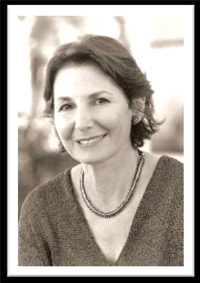Keynote Speakers
 |
 |
Celia Jaes FalicovSaturday: Closing Plenary Super Saturday Sub-plenary |
Michael UngarThursday: Opening Plenary Super Saturday Sub-plenary |
Celia Jaes Falicov
Celia Jaes Falicov, Ph.D. is sought after internationally to give lectures, workshops and training courses on topics related to clinical and community work with immigrants and culturally diverse families. Internationally known family therapy author, teacher and clinician, she is Clinical Professor in the Department of Family and Preventive Medicine and Voluntary Faculty in the Department of Psychiatry of the University of California, San Diego. She is also Director of Mental Health Services at the Student-Run Free Medical Clinic of the University of California, San Diego. She serves on the Advisory Board of several family therapy journals and is Past President (1999-2001) of the American Family Therapy Academy (AFTA).
Dr. Falicov pioneered writings on topics of family transitions, migration, and cultural perspectives in family therapy practice and training, and has received many professional awards for this work. She has developed numerous culturally-attuned interventions for immigrant families. Her MECA (Multisystemic Ecological Comparative Approach) model integrates cultural and sociopolitical similarities and differences across many cultural groups and is used widely in training and research settings. Her most recent book is titled Latino Families in Therapy: A Guide to Multicultural Practice.
Dr. Falicov received the Groves Conference on Marriage and Family Sussman Award for her 2007 article published in Family Process titled " Working with Transnational Immigrants: Expanding Meanings of Family, Community and Culture".
Dr. Falicov's recent community work focuses on mental health care needs of at-risk immigrant clients, facilitating empowerment groups for parents of various cultural groups, and on training medical students to think in terms of the impact of immigration and culture on health and mental health. She is also involved in a gang prevention project, sponsored by the city of Los Angeles.
Michael Ungar
Michael Ungar, Ph.D., is both a family therapist and a Professor of Social Work at Dalhousie University where he co-directs the Resilience Research Centre that coordinates more than five million dollars in funded research in a dozen countries. That research is focused on resilience among children, youth and families and how they together survive adversity in culturally diverse ways. He has published over 100 peer-reviewed articles and book chapters on this topic and is the author of 11 books including The Social Worker, his first novel. Among his books for professionals are The Social Ecology of Resilience: A Handbook for Theory and Practice; Counseling in Challenging Contexts: Working with Individuals and Families Across Clinical and Community Settings; and Strengths-based Counseling with At-risk Youth. He also writes for parents and educators. Among his most recent works are We Generation: Raising Socially Responsible Children and Teens and Too Safe For Their Own Good: How Risk and Responsibility Help Teens Thrive.
In addition to his research and writing, Michael maintains a small family therapy practice in association with Phoenix Youth Programs, a prevention program for street youth and their families, and was the recipient of the 2012 Canadian Association of Social Workers National Distinguished Service Award. Among his many contributions to his community has been his role as Co-Chair of the Nova Scotia Mental Health and Addictions Strategy Advisory Committee. His blog, Nurturing Resilience, can be read on Psychology Today's website.
